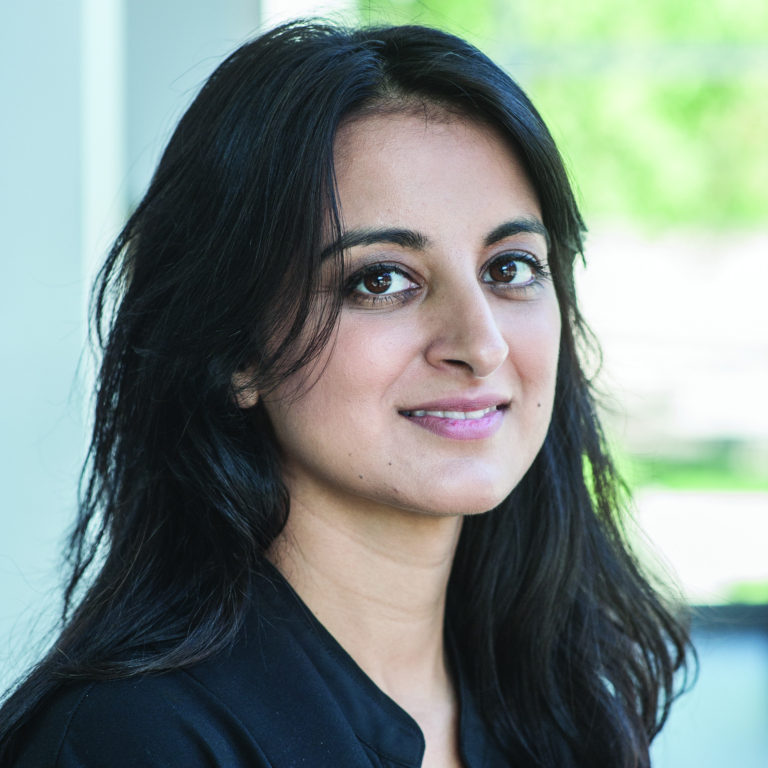
Aziza Ahmed
Aziza Ahmed teaches Property Law, Reproductive and Sexual Health and Rights, and International Health Law: Governance, Development and Rights at Northeastern School of Law. Her scholarship examines the legal, regulatory and political environments for health in US domestic law, US foreign policy and international law. Ahmed was selected as a fellow with the Program in Law and Public Affairs (LAPA) at Princeton University for 2017-2018, where she spent the year developing her work on law, feminism and science into a book with particular emphasis on how women’s health advocates shaped the AIDS response. She has also written extensively about abortion and reproductive health. Prior to joining Northeastern, Ahmed was a research associate at the Harvard School of Public Health Program on International Health and Human Rights, following a Women’s Law and Public Policy Fellowship with the International Community of Women Living with HIV/AIDS.
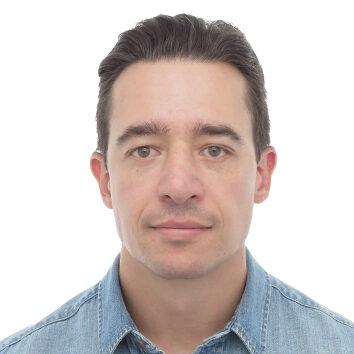
Alberto Aparicio
Alberto Aparicio is a postdoctoral researcher at the Global Observatory for Genome Editing, and fellow in the Program on Science, Technology & Society at the Harvard Kennedy School of Government. His current projects include research on assisted reproduction technologies in Latin America, including the permissibility and reception of Mitochondrial Replacement Therapy. His research interests include the governance of biotechnology and societal responses to shifting meanings and attitudes about life in contemporary bioscience. He received a Ph.D. in Science and Technology Studies from University College London and was a postdoctoral fellow at Colombia’s Instituto Alexander von Humboldt. He has held various policy and management roles, in academic, consultancy, and government institutions.

Jay Aronson
Jay D. Aronson is the founder and director of the Center for Human Rights Science at Carnegie Mellon University, where he is Professor of Science, Technology, and Society. Jay’s research and teaching focus on the interactions of science, technology, law, media, and human rights in a variety of contexts. He is currently co-authoring a book that addresses significant shortcomings in the recording and investigation of police killings and deaths in law enforcement custody in the United States. He is also engaged in a long-term project on the use of video evidence in human rights investigations. Previously, Jay spent nearly a decade examining the ethical, political, and social dimensions of post-conflict and post-disaster identification of the missing and disappeared in collaboration with a team of anthropologists, bioethicists, and forensic scientists. He has also been involved in a variety of projects with colleagues from statistics, political science, and the conflict monitoring community to improve the quality of civilian casualty recording and estimation in times of conflict.
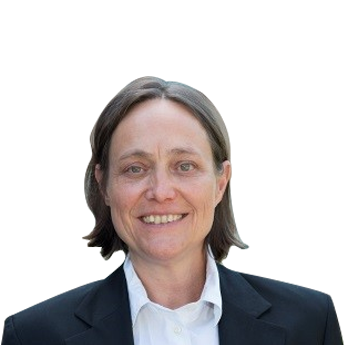
Silke Beck
Silke Beck is an internationally recognized expert in the field of global environmental expertise as well evidence-based policy-making on climate change, biodiversity and transformation towards sustainability. After an academic year in the Global Environmental Assessment Project (Harvard University), Beck has worked at the Helmholtz Centre for Environmental Research (UFZ Leipzig), one of Europe’s leading research centers on interdisciplinary environmental research development. She (co)leads international inter- and transdisciplinary projects on climate change, ecosystem management, environmental innovation and sustainable transformation. She is a founding member of the UFZ Science-Policy Expert Group which has performed a leading role in providing research in support of the design and evaluation of real-world interfaces in the field of global environmental politics.
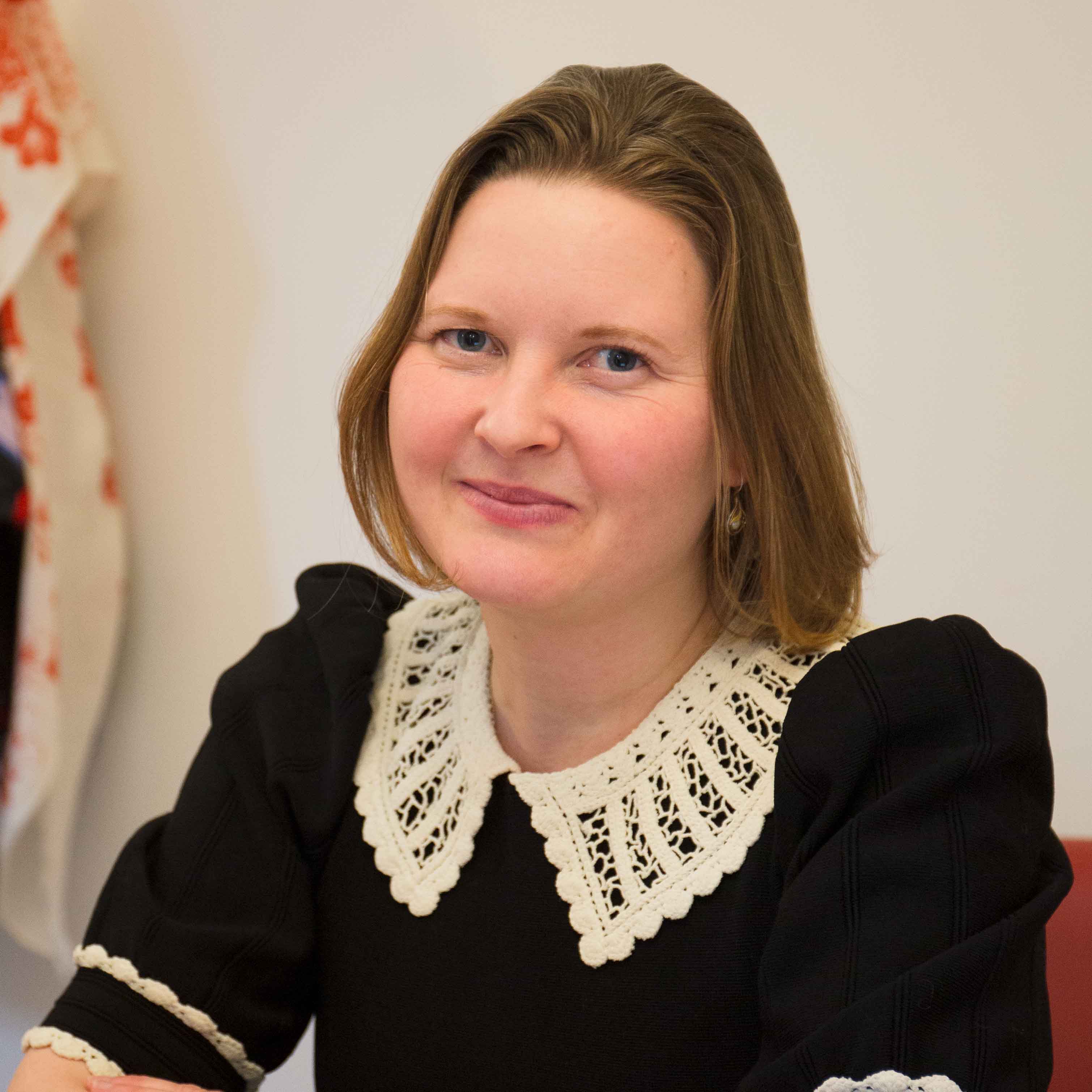
Margo Boenig-Liptsin
Margarita (Margo) Boenig-Liptsin is an incoming Assistant Professor of Ethics, Technology and Society at ETH Zürich. Boenig-Liptsin is trained in the field of Science and Technology Studies and has a PhD in History of Science (Harvard University) and in Philosophy (Université Paris 1 – Sorbonne). Her research examines transformations to human identity, citizenship, and ethics in relation to information technologies across time and cultures. She is completing a book manuscript, Digital Demos: Becoming human with computers, that explores the constitutions of the human in the information age through a comparative study of computer literacy. A new research project examines the co-production of the concept of human dignity with changing technologies for the calculus of human worth. Before relocating her life and work to Europe, Boenig-Liptsin was the Director of the Human Contexts and Ethics Program in the Division of Computing, Data Science, and Society at the University of California Berkeley.
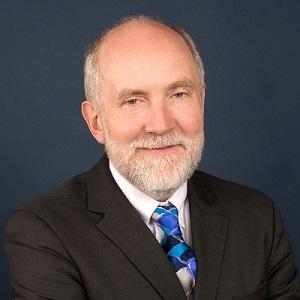
Matthew Bunn
Matthew Bunn is a Professor of Practice at the Harvard Kennedy School. His research interests include nuclear theft and terrorism; nuclear proliferation and measures to control it; the future of nuclear energy and its fuel cycle; and innovation in energy technologies. Before coming to Harvard, Bunn served as an adviser to the White House Office of Science and Technology Policy, as a study director at the National Academy of Sciences, and as editor of Arms Control Today. He is the author or co-author of more than 25 books or major technical reports (most recently Preventing Black-Market Trade in Nuclear Technology), and over 150 articles in publications ranging from Science to The Washington Post.
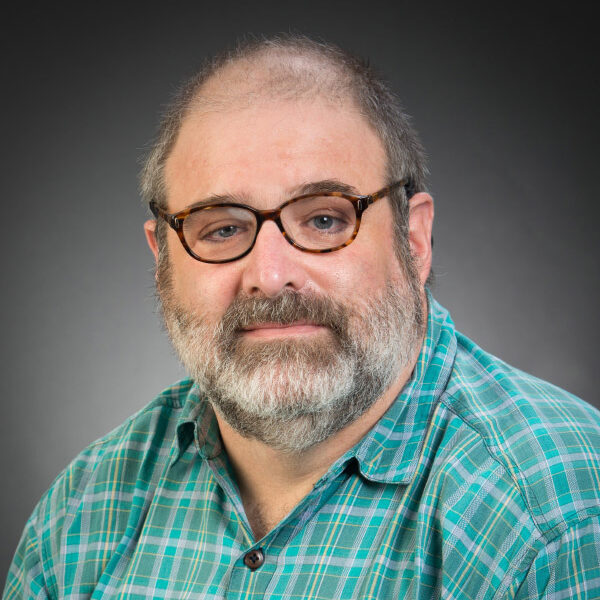
Michael Dennis
Michael A. Dennis is an associate professor in the Strategy &Policy Department at the U.S. Naval War College in Newport, RI. His research and writing focus on the intersection of academic and corporate researchers with the US military. He is finishing revisions on a manuscript under contract with the MIT Press on the transformation of researchers and the US state from the Great Depression through the early Cold War. Before teaching at the War College, Dennis taught at Cornell University in the Department of Science & Technology Studies. After failing to win tenure he taught as an adjunct at the University of Pennsylvania, Johns Hopkins, Georgetown University, Virginia Tech and George Mason while assisting his mother in caring for his late father. He has published in multiple journals as well as volumes edited by Sheila Jasanoff.

Joan Donovan
Dr. Joan Donovan is the Research Director of the Shorenstein Center on Media, Politics and Public Policy at Harvard Kennedy School. Donovan leads the field in examining internet and technology studies, online extremism, media manipulation, and disinformation campaigns. She leads The Technology and Social Change Project (TaSC), which explores how media manipulation is a means to control public conversation, derail democracy, and disrupt society. Prior to joining Harvard Kennedy School, she was the Research Lead for Data & Society’s Media Manipulation Initiative. Donovan received her Ph.D. in Sociology and Science Studies from the University of California San Diego.
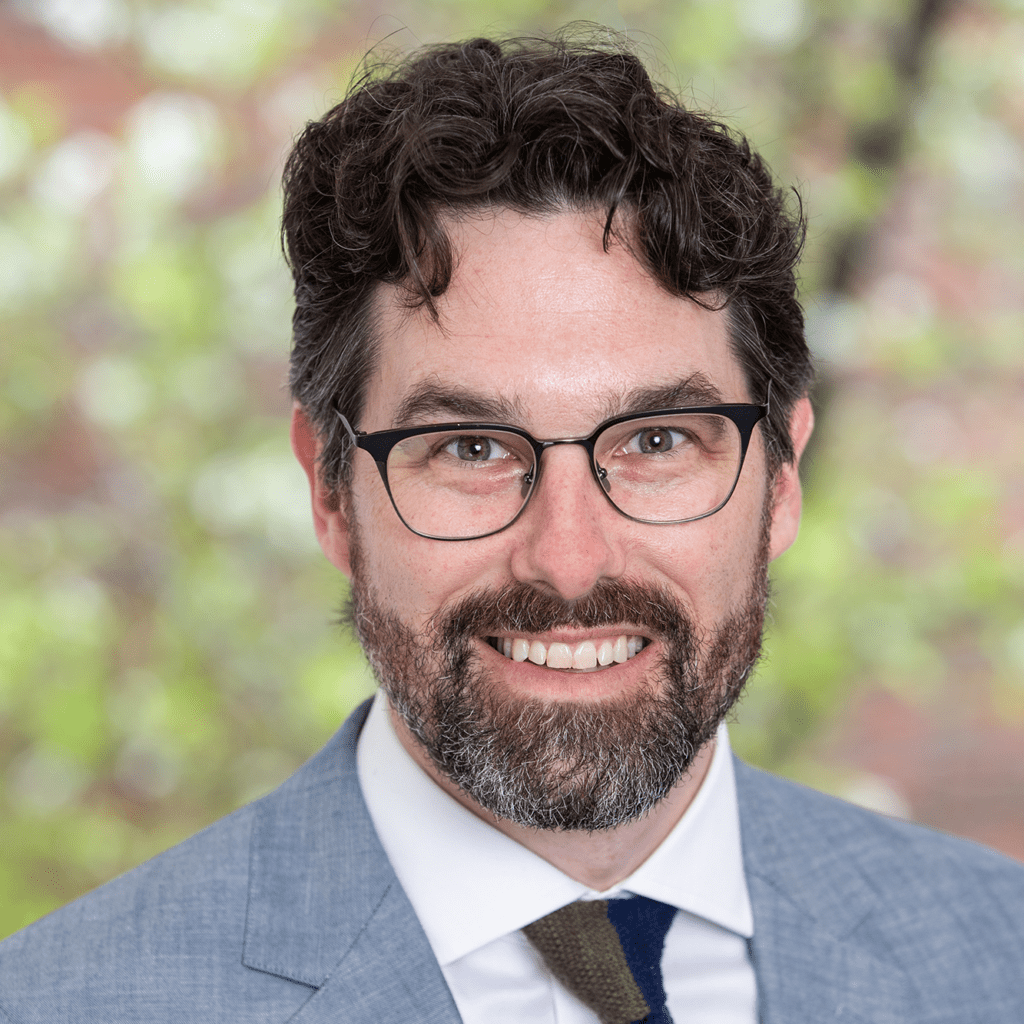
Sam Weiss Evans
Sam Weiss Evans is a Research Fellow with the Program for Science, Technology, and Society at the Harvard Kennedy School and a Research Associate John A. Paulson School of Engineering and Applied Sciences. Sam is involved in many aspects of the work of the Program, and his current projects include research on security governance of science and emerging technology, and methods for STS researchers to engage with engineers and scientists on the social and political aspects of very early stage research. He is also the Project Coordinator for the Trust in Science project (in collaboration with the Harvard Data Science Initiative).

Ulrike Felt
Ulrike Felt is full professor and head of the Department of Science and Technology Studies (STS) at the University of Vienna. Her research centers on two wider areas: governance, democracy and public engagement around technoscientific developments and changing research cultures. Across both areas Ulrike is specifically interested in the role of temporalities, valuation practices as well as, more recently, in the changes due to the growing importance of digital practices. She is mainly working with qualitative methods and actively engages in developing more participatory and inclusive methodological approaches to matters of concern.
From 2002-2007 she has been editor of the journal Science, Technology and Human Values. Her most recent books include the “Handbook of Science and Technology Studies” (2017, MIT Press) and “Exploring Science Communication. A Science and Technology Studies Approach” (together with Sarah Davies, 2020, SAGE). From 2017-2021 she has been president of the European Association for the Study of Science and Technology (EASST). She is elected member of the Academia Europaea since 2019. In 2022 she has been awarded an ERC Advanced Grant (2023-2027) on the topic of “Innovation residues – Modes and infrastructures of caring for our longue-durée environmental futures.”

Jason Furman
Jason Furman is the Aetna Professor of the Practice of Economic Policy jointly at Harvard Kennedy School (HKS) and the Department of Economics at Harvard University. He is also nonresident senior fellow at the Peterson Institute for International Economics. Furman engages in public policy through research, writing and teaching in a wide range of areas including U.S. and international macroeconomics, fiscal policy, labor markets and competition policy. He co-teaches Ec10 “Principles of Economics,” the largest course at Harvard University. Previously Furman served eight years as a top economic adviser to President Obama, including serving as the 28th Chairman of the Council of Economic Advisers from August 2013 to January 2017, acting as both President Obama’s chief economist and a member of the cabinet.

Stephen Hilgartner
Stephen Hilgartner is the Frederic J. Whiton Professor of Science and Technology Studies at Cornell University, where he studies the social and political dimensions of science and technology, especially in the life sciences. His research focuses on situations in which scientific knowledge is implicated in establishing, contesting, and maintaining social order — a theme he has examined in studies of expertise, property formation, risk disputes, and biotechnology. His most recent monograph, Reordering Life: Knowledge and Control in the Genomics Revolution (MIT Press, 2017), examines how new knowledge and new regimes of control took shape during the Human Genome Project. Hilgartner’s book on science advice—Science on Stage: Expert Advice as Public Drama—won the Rachel Carson Prize from the Society for Social Studies of Science. He is a co-editor of Science & Democracy: Making Knowledge and Making Power in the Biosciences and Beyond (Routledge, 2015) and Handbook of Genomics, Health and Society (Routledge, 2018).
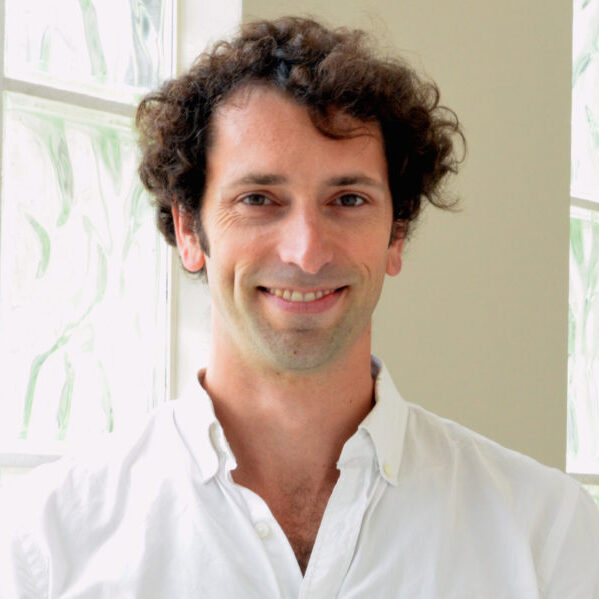
J. Benjamin Hurlbut
J. Benjamin Hurlbut is Associate Professor of Biology and Society in the School of Life Sciences at Arizona State University. He is trained in Science and Technology Studies with a focus on the history of the modern biomedical and life sciences. Hurlbut studies the changing relationships between science, politics and law in the governance of biomedical research and innovation, examining the interplay of science and technology with notions of democracy, religious and moral pluralism, and public reason. He is the author of Experiments in Democracy: Human Embryo Research and the Politics of Bioethics (Columbia University Press, 2017) and co-editor of Perfecting Human Futures: Transhuman Visions and Technological Imaginations (2016), as well as author of numerous articles and book chapters. He received a Ph.D. in the History of Science from Harvard University and was a postdoctoral fellow in the Program on Science, Technology and Society at Harvard Kennedy School.
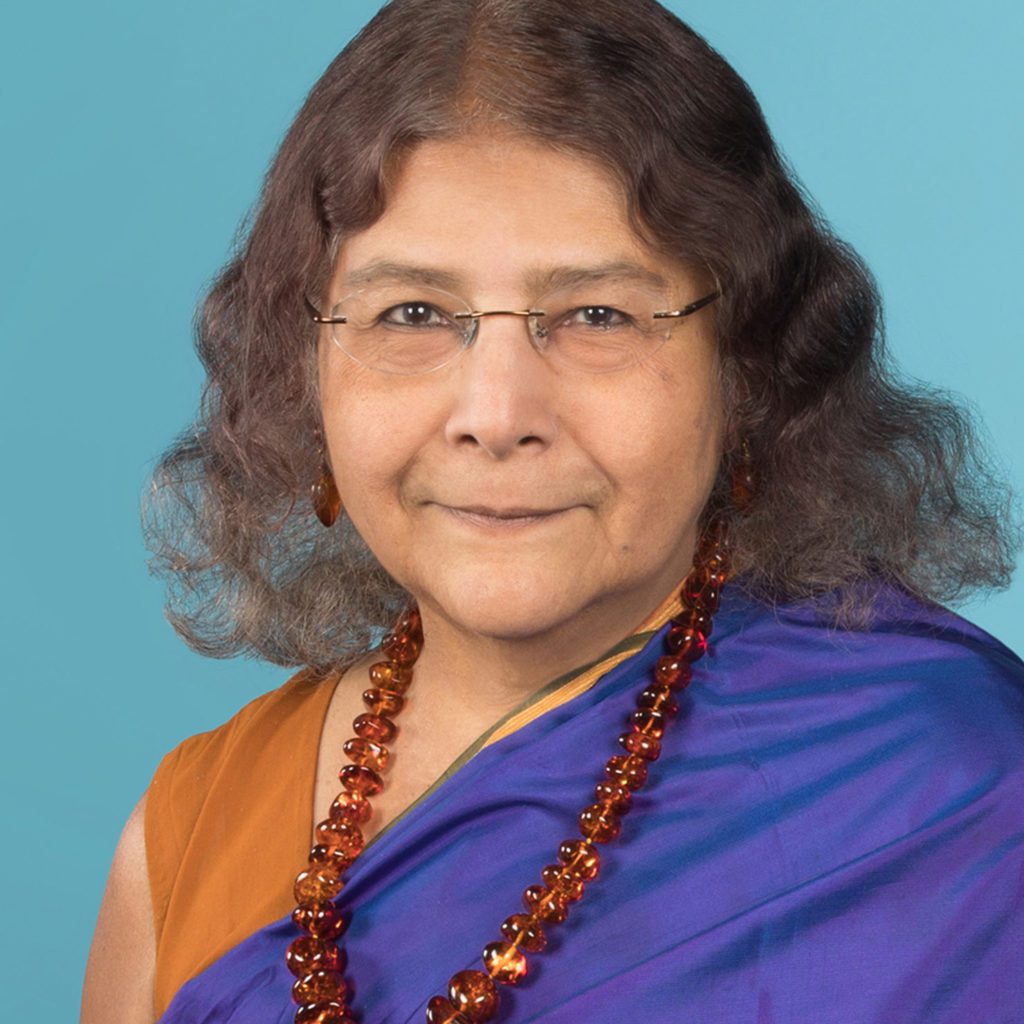
Sheila Jasanoff
Sheila Jasanoff is Pforzheimer Professor of Science and Technology Studies at the John F. Kennedy School of Government at Harvard University. Previously, she was Professor of Science Policy and Law at Cornell University and founding chair of Cornell’s Department of Science and Technology Studies. At Harvard, she directs the Kennedy School’s Program on Science, Technology and Society (STS). In 2002, she founded the Science and Democracy Network, an international community of STS scholars dedicated to improving scholarly understanding of the relationships among science, technology, law, and political power. Jasanoff has been a pioneer in building the field of Science and Technology studies (STS) and shaping its research trajectories. Her writings on law and science, risk management, the comparative politics of regulation, and science in environmental decisionmaking count as basic texts in these fields.
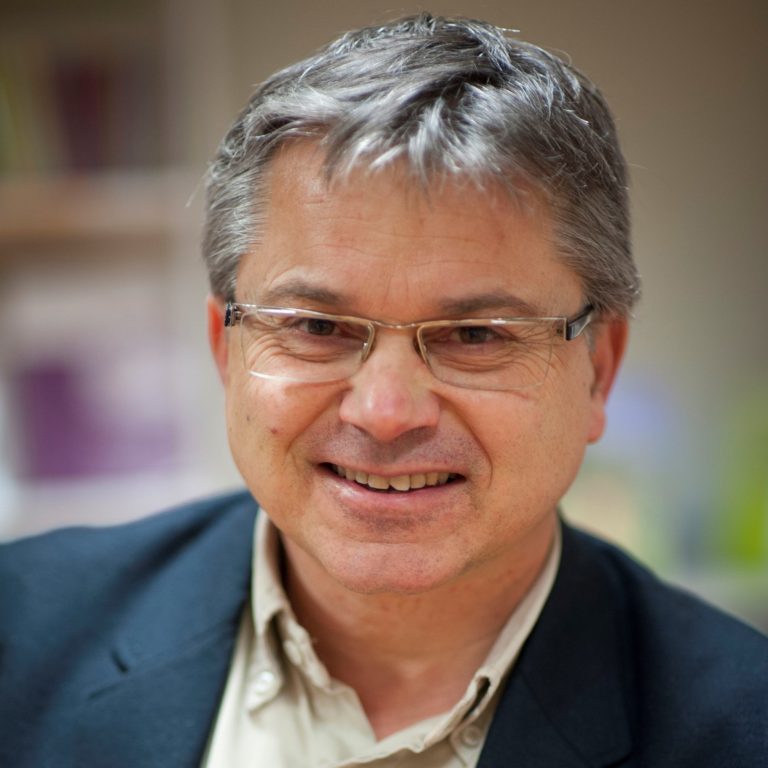
Pierre-Benoit Joly
Pierre-Benoit Joly, an STS scholar, is Directeur de recherche at the National Institute of Research for Agriculture, Food and Environment (INRAE) in France. He has been the Director of the IFRIS and of Labex (Laboratory of Excellence) SITES from 2009 to 2014, and the founding director of LISIS, based at Université Paris Est from 2015 to 2019. Since January 2020, he is President of the INRAE Center Occitanie-Toulouse. Drawing on a number of empirical studies on the interactions between science, democracy and the market, the aim of his research is to analyze the contemporary transformations of scientific public sphere and new modes of governance of innovation and risk. P.B. Joly has published six books, coordinated four special issues of journals and more than 120 articles or book chapters. He has lectured in various higher education organization, including the Ecole des Hautes Etudes en Sciences Sociales (EHESS) and Sciences Po. He is a member of the French Academy of Agriculture, and of the French Academy of Technology.
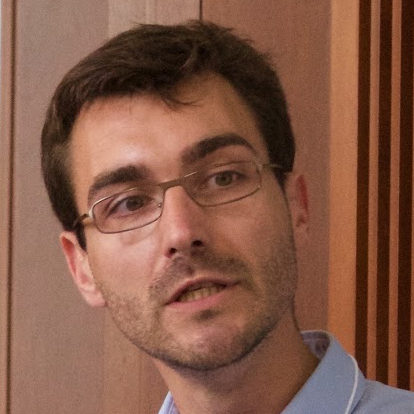
Brice Laurent
Brice Laurent is senior researcher at the Center for the Sociology of Innovation of Ecole des Mines ParisTech, PSL Research University. He received his Ph.D. in Science and Technology Studies in 2011 and has been studying issues related to science and democracy since then. He initially developed a line of work on emerging technologies and democratic experiments. His current research interests relate to the politics of object-making in regulatory arenas, experimental governance in urban settings, and the politics of mineral resources. Laurent teaches at Mines ParisTech and Sciences Po Paris. His publications include Les Politiques des Nanotechnologies (Charles Léopold Mayer, 2010) and Democratic Experiments (MIT Press, 2017). An edited volume entitled Labelling the economy. The politics of qualification in contemporary markets, co-edited with Alexandre Mallard, is forthcoming in 2019 (Palgrave).
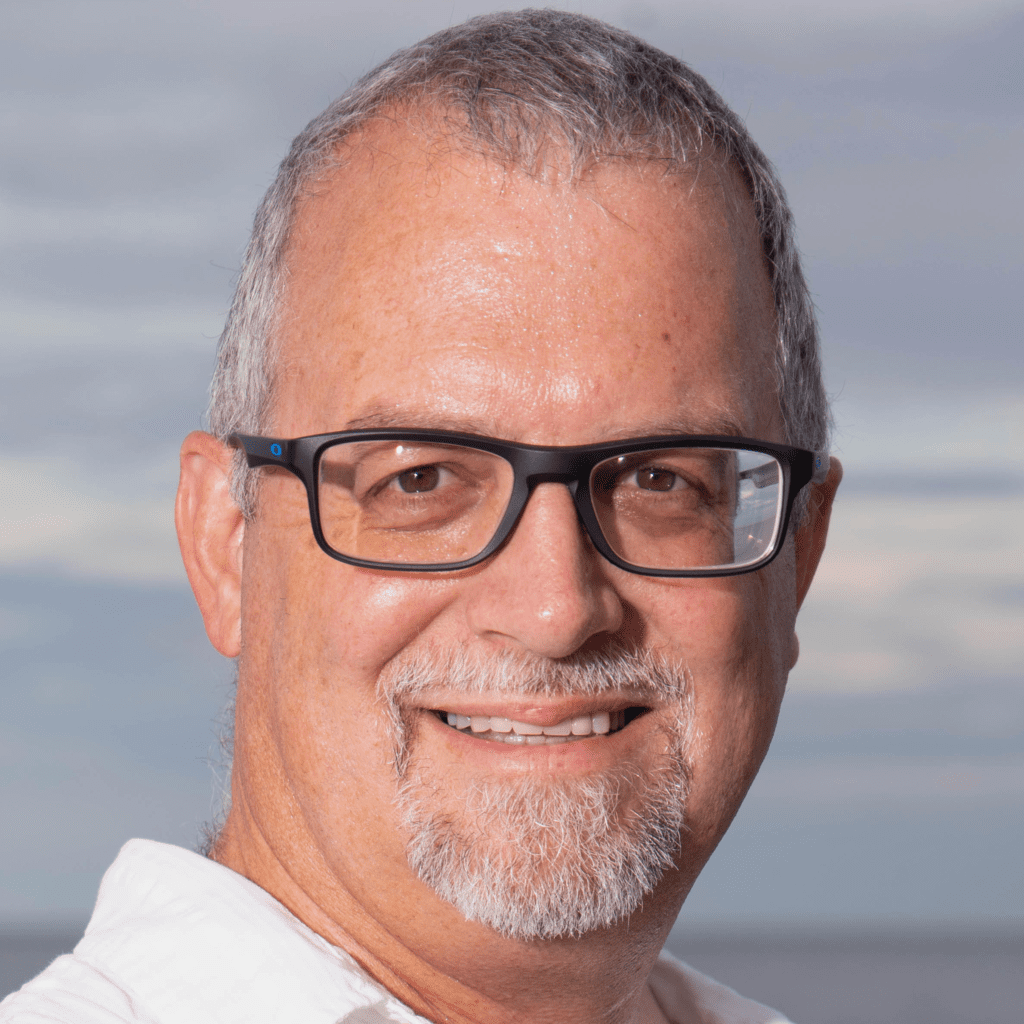
Clark A. Miller
Clark A. Miller is Director of the Center for Energy & Society and Professor in the School for the Future of Innovation in Society at Arizona State University. His most recent books, Designing Knowledge (2018), The Weight of Light (2019), and Cities of Light (2021), explore the use of STS as a framework for analyzing and informing the design of future sociotechnical systems. He has written extensively about the construction and use of knowledge in democratic politics, the globalization of science and scientific institutions, and governance of large-scale transformations in the relationships between technology and society. He also co-authored the recent report, Accelerating Decarbonization of the US Energy System (2021), by the National Academies of Science, Engineering, and Medicine, which includes detailed assessments of the societal and equity dimensions of large-scale transitions in energy technologies.
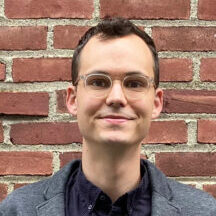
Andy Murray
Andy Murray is a postdoctoral research fellow for the Global Observatory for Genome Editing at the Program on Science, Technology & Society at the Harvard Kennedy School of Government. He received his PhD in Sociology from the University of California, Santa Cruz. His dissertation research consisted of an ethnography of the Open Insulin Project, a community laboratory-based effort to produce affordable insulin. His research interests include how biotechnology and biomedicine are leveraged as ways of doing ethics, politics, and social reform. He has a special interest in social science perspectives and methods, particularly ethnography, as interventions in technoscientific practice. The worlds in which he is interested include personalized and precision medicine, DNA and RNA therapeutics, synthetic biology, and community bio and biohacking.
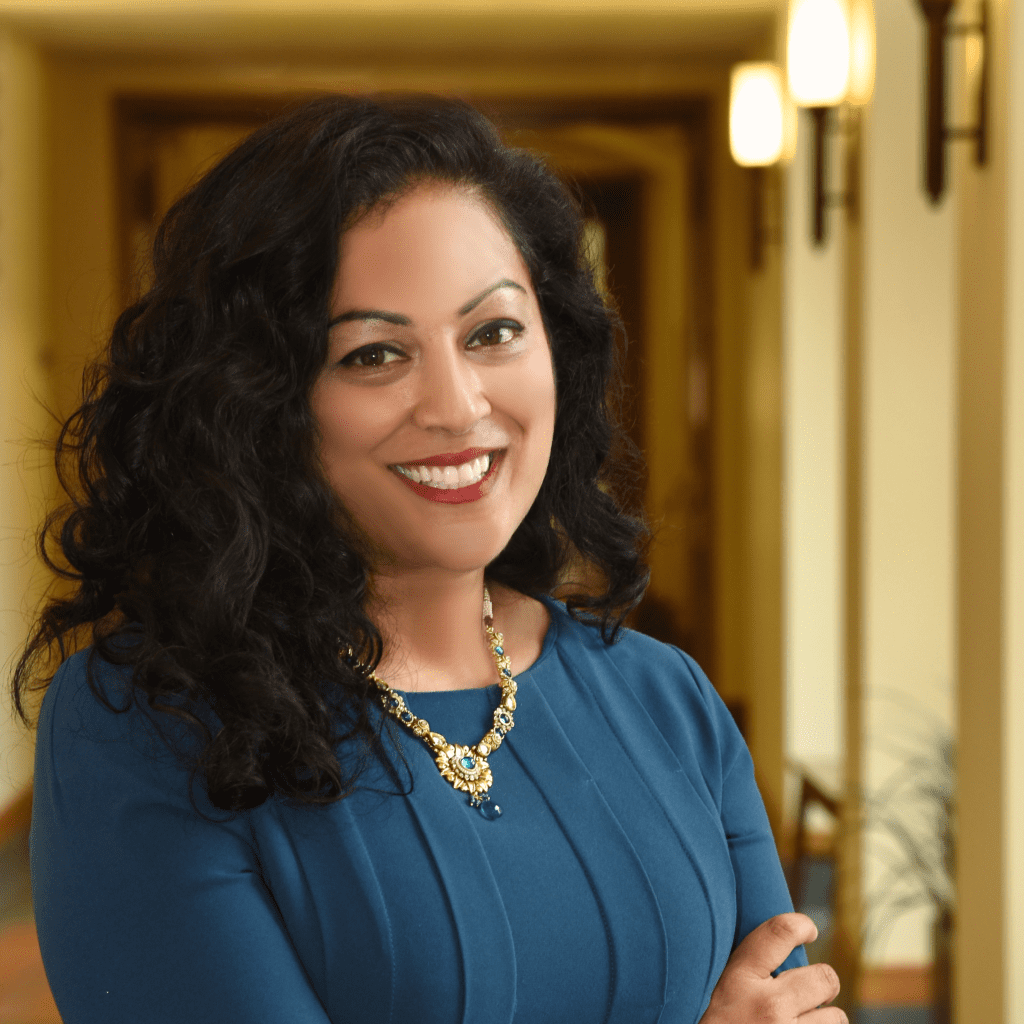
Shobita Parthasarathy
Shobita Parthasarathy is Professor of Public Policy and Women’s and Gender Studies, and co-founder and director of the Science, Technology, and Public Policy Program at University of Michigan. Her research examines the political economy of innovation and innovation policy focusing on equity and justice, and the politics of knowledge and expertise in public policymaking. She often takes a cross-national or international perspective in her research, and has published widely on genetics and biotechnology, intellectual property, innovation policy, and artificial intelligence. She is the author of numerous articles and two books: Building Genetic Medicine: Breast Cancer, Technology, and the Comparative Politics of Health Care (MIT Press, 2007) and Patent Politics: Life Forms, Markets, and the Public Interest in the United States and Europe (University of Chicago Press, 2017). The former influenced the 2013 US Supreme Court case that determined human genes were not patentable; the latter won the 2018 Robert K. Merton Award from the American Sociological Association. She writes frequently for public audiences, and co-hosts The Received Wisdom podcast on issues at the intersection of science, technology, policy, and society. She has held fellowships from the American Council for Learned Societies, the Woodrow Wilson International Center for Scholars, American Bar Foundation, and Max Planck Institute for Innovation and Competition. The National Science Foundation, Wellcome Trust (UK), Ford Foundation, and Sloan Foundation have supported her research. She holds a Bachelor’s degree in Biology from University of Chicago, and Masters and PhD degrees in Science and Technology Studies from Cornell University.
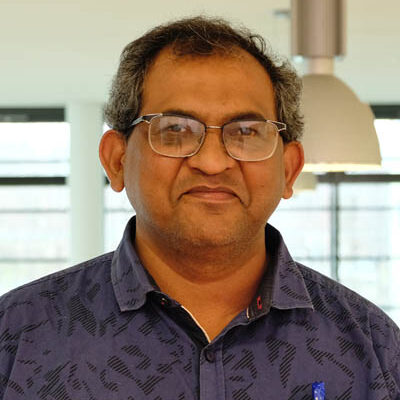
Leo Saldanha
Leo F. Saldanha is full-time Coordinator and also Trustee of the Environment Support Group, an independent NGO based in Bangalore, India that promotes the cause of environmental and social justice through research, documentation, advocacy, training and campaign support. He has gained wide-ranging experience in the areas of Environmental Law and Policy, Decentralisation, Urban Planning and a variety of Human Rights and Development related issues, working across many sectors for over a decade. He is a keen campaigner on critical environmental and social justice issues and has guided several campaigns demanding evolution of progressive laws and effective action. He has creatively supported various distressed communities to secure justice through public interest litigations and advocacy efforts, arguing as party in person several public interest litigations, many of which have resulted in remarkable judgments. He has a background in Environmental Science, has been invited as a speaker by organisations and universities across the world and assists various Government agencies in evolving law and policy relating to environmental justice.
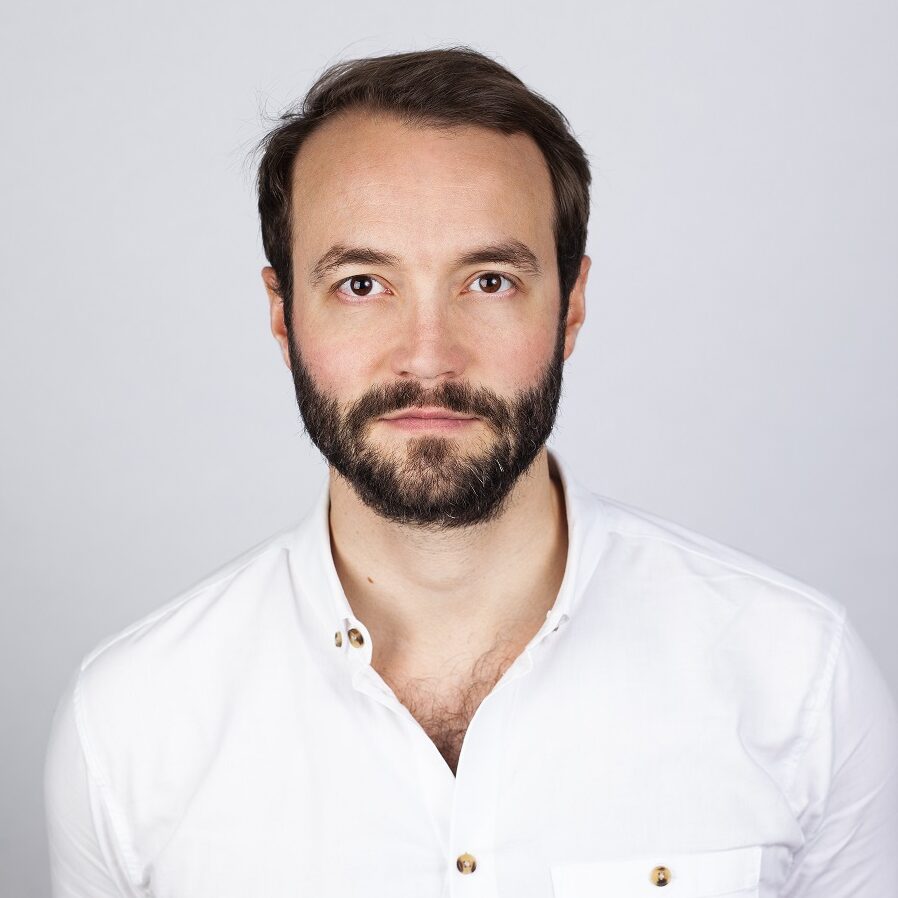
Stefan Schäfer
Stefan Schäfer is a research group leader at the Institute for Advanced Sustainability Studies in Potsdam, and a fellow in the Program on Science, Technology and Society at Harvard University and the University of Oxford’s Institute for Science, Innovation and Society. His research draws on approaches from science and technology studies to examine the political, ethical, and epistemological dimensions of new planetary sciences and technologies. He teaches at Humboldt University Berlin, where he is affiliated with the Integrative Research Institute on Transformations of Human-Environment Systems. As a founding member of LiCo collective, Stefan co-produces films, essays, and installations that examine past and future choreographies of mental and environmental life.
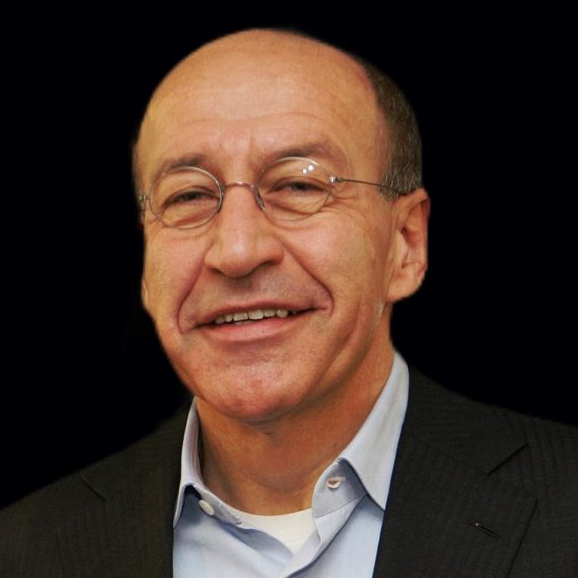
Leopold Specht
Leo Specht is the managing partner of a Vienna-based international law firm. He regularly advises and represents internationally operating businesses, international organizations, governmental entities and NGOs. In addition to his legal and civic work, he regularly teaches and publishes on issues of international politics and law. Since 1995 he has been an member of IGLP at Harvard Law School. His current focus of research is the democratization of money.
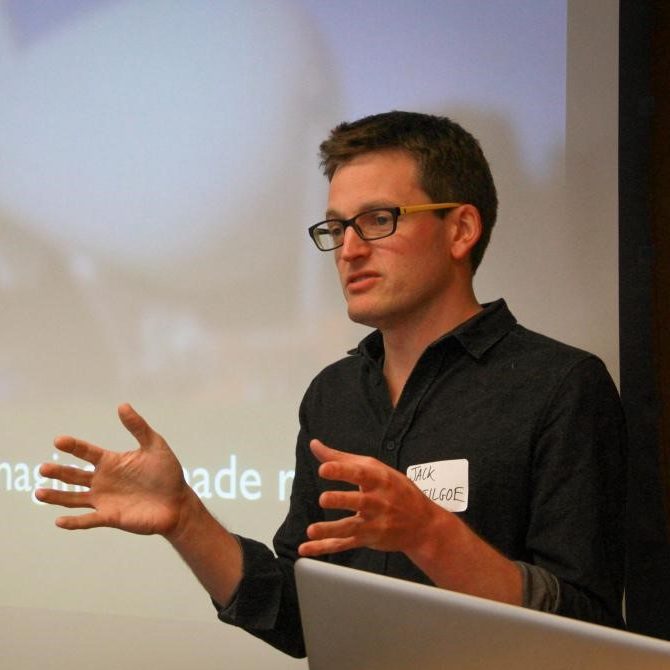
Jack Stilgoe
Jack Stilgoe is a professor in Science and Technology Studies at University College London, where he teaches undergraduate and graduate courses on science policy, responsible innovation and the governance of emerging technologies. He has just finished the Driverless Futures? project, a three year social science project looking at the governance of self-driving cars. His most recent book is Who’s driving innovation? New technologies and the collaborative state. He is also the author of Experiment Earth – Responsible innovation in geoengineering. He previously worked in science and technology policy at the Royal Society and the think tank Demos. He is a fellow of the Alan Turing Institute for artificial intelligence and a Trustee of the Royal Institution of Great Britain.
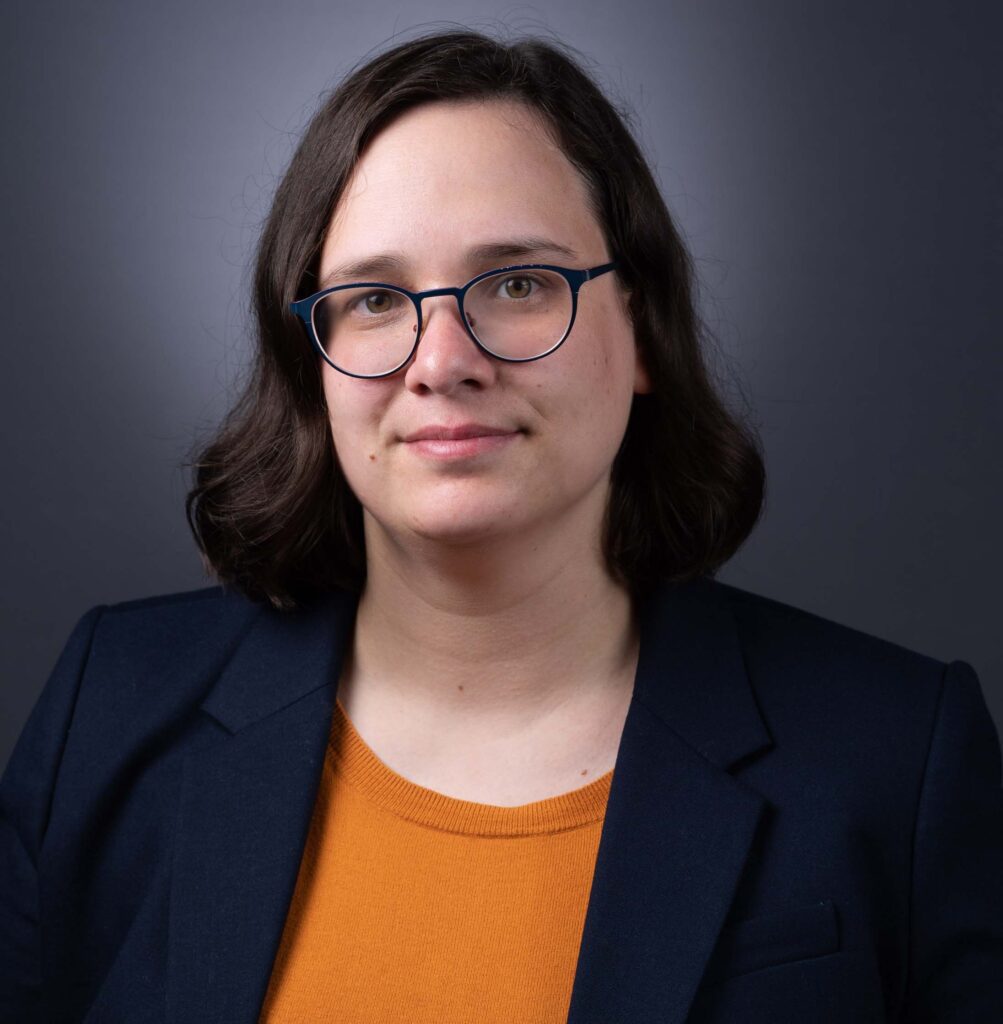
Gili Vidan
Gili Vidan is an assistant professor in the Department of Information Science at the Cornell Bowers College of Computing and Information Science. She is a historian of information technology and Science and Technology Studies (STS) researcher. Her work examines how trust is established both in digital technologies and through digital mediation and how notions of authenticity, knowability, and good governance are implicated in the making of new digital objects. Vidan received her PhD in the History of Science from Harvard University and holds a MSc from the Oxford Internet Institute.
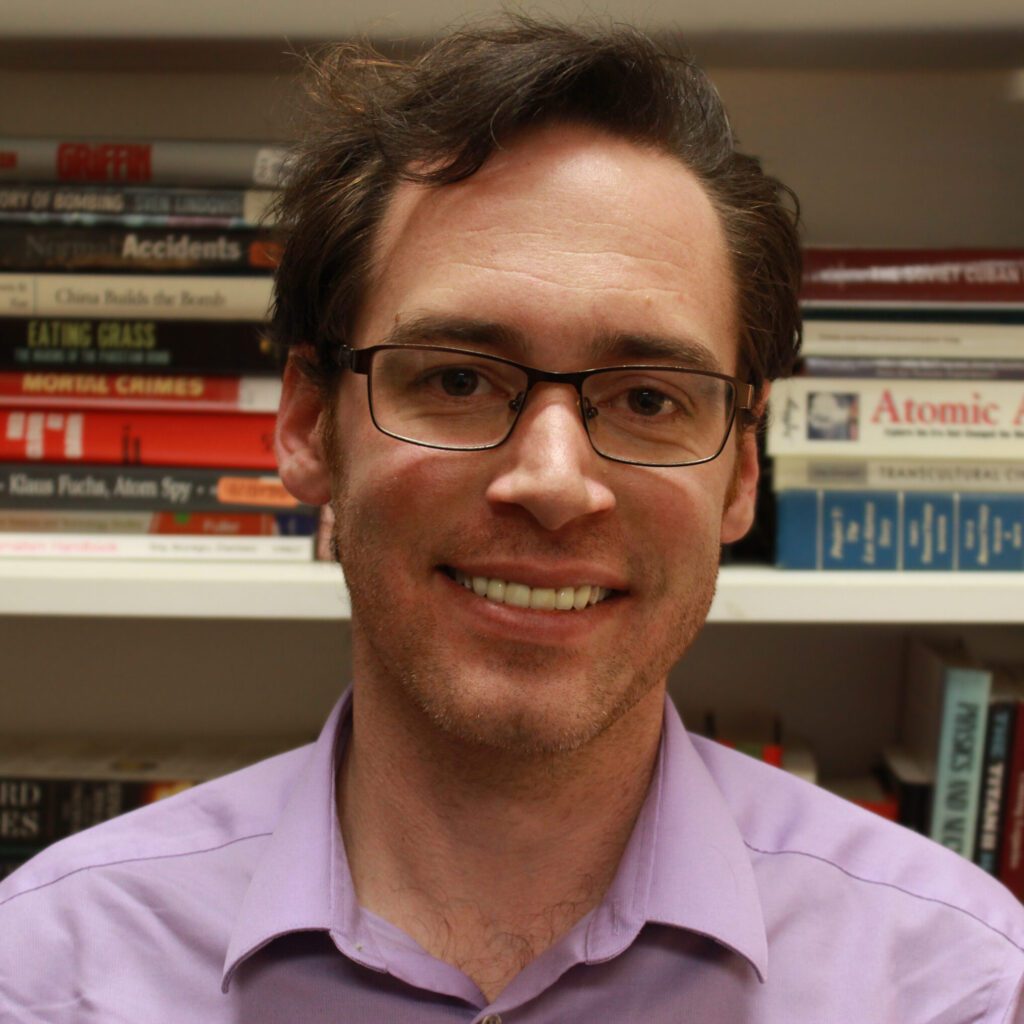
Alex Wellerstein
Alex Wellerstein is Associate Professor and Director of Science and Technology Studies at the Stevens Institute of Technology. He is the author of Restricted Data: The History of Nuclear Secrecy in the United States (University of Chicago, 2021). He has a BA in History from the University of California, Berkeley, and received his PhD from the Department of the History of Science at Harvard. He is also the creator of the NUKEMAP, a popular website for simulating the effects of nuclear weapons.
The best part turned out to be discussing my own work with the [faculty] panelists. It is a huge relief to know that the STS scholars approve of my project and find it a useful topic … which can benefit from STS analysis. In addition, the valuable one-on-one time spent in discussion … was hugely beneficial.
Denise, 2021 Participant


